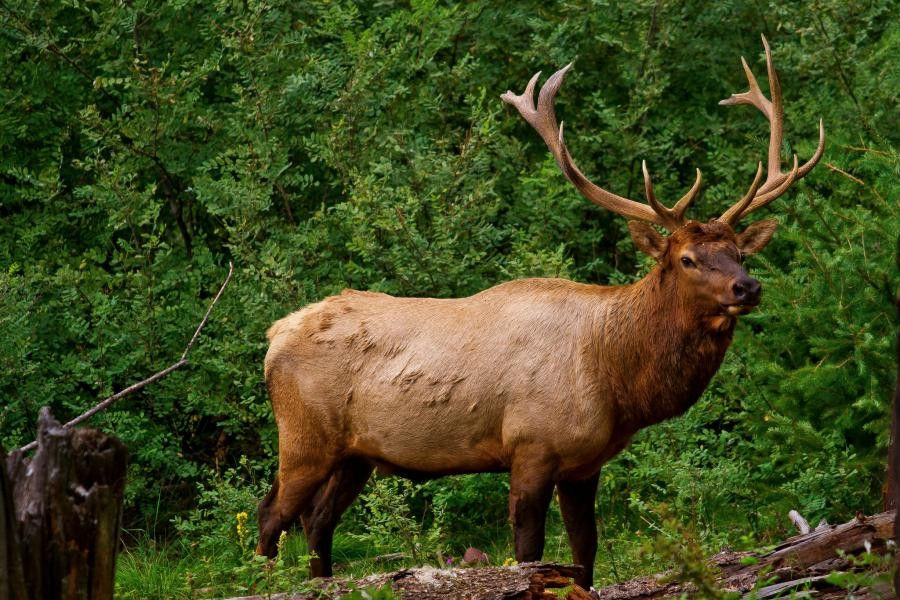Apache-Sitgreaves National Forest

Planting in this forest.
The Apache-Sitgreaves National Forests in Arizona have been at the forefront of restoration efforts, working to rehabilitate ecosystems damaged by wildfires, disease, and other environmental challenges. These forests—renowned for their breathtaking scenery, ecological diversity, and vital role in watershed health—have hosted numerous reforestation initiatives aimed at reviving their natural beauty and ecological function.
In 2025, reforestation efforts ramped up with several large-scale projects:
The Middle Mountain 1 Wallow Fire Reforestation project planted 102,784 trees in areas previously scorched by the historic Wallow Fire. This initiative significantly expanded forest cover, improved habitat connectivity, and protected sensitive watersheds.
The Re-Planting of the Yarrow 2 Project and the 2016 Planting Project introduced 72,000 trees in zones where prior plantings had failed or required additional density, reinforcing the success of earlier efforts and bolstering long-term forest resilience.
The Right Fork Fill-in Planting project added 17,850 trees to understocked areas, improving canopy uniformity and strengthening habitats for forest-dwelling species.
In 2024, the Open Draw Planting project launched with the goal of planting 84,000 native tree seedlings across approximately 1,000 acres in the Springerville and Alpine Ranger Districts. The project targeted fire-damaged areas and focused on reintroducing species like ponderosa pine, Douglas fir, and Engelmann spruce—trees that stabilize soil, support wildlife, and contribute to the carbon cycle. Refrigerated storage units ensured seedling viability, and a survival rate of 95% was achieved during the initial phase. In fall 2024, an additional 5,000 seedlings were planted to further enhance forest recovery. These efforts provide critical habitat for species such as the Mexican spotted owl, black bear, elk, and the endangered Apache trout.
In 2021, the Wallow Fire Conklin Ridge Reforestation project planted 63,500 trees in areas devastated by the 2011 Wallow Fire, which consumed over 500,000 acres. This work helped stabilize landscapes and support forest regeneration in one of the most affected zones.
In 2019, the Wallow Fire Reforestation II project added 61,789 native seedlings to the upper Black River watershed. This region is critical for the Apache trout—Arizona’s state fish and one of the rarest trout species in North America. The project improved soil retention, water quality, and aquatic habitat. That same year, the Apache-Sitgreaves Post-Fire Community-Based Reforestation initiative mobilized local volunteers to plant 7,692 trees, fostering community engagement and environmental stewardship.
With these efforts, the Apache-Sitgreaves National Forests continue to stand as a testament to the power of restoration and conservation, ensuring that future generations can enjoy their beauty and benefit from their vital ecological services.




Location
Arizona, USA
Project Type
Reforestation
Environmental Benefits
Ecosystem Restoration.
Water Quality Improvement.
Biodiversity Conservation.
Recreational Enhancement.
Cultural Preservation.
About this forest
The Apache-Sitgreaves National Forests span over two million acres across eastern Arizona, showcasing breathtaking landscapes of towering ponderosa pines, serene alpine meadows, and rugged canyons. Known for its rich biodiversity, the forest is home to species like elk, black bears, and the endangered Apache trout. It plays a critical role in watershed protection and offers unparalleled recreational opportunities.




